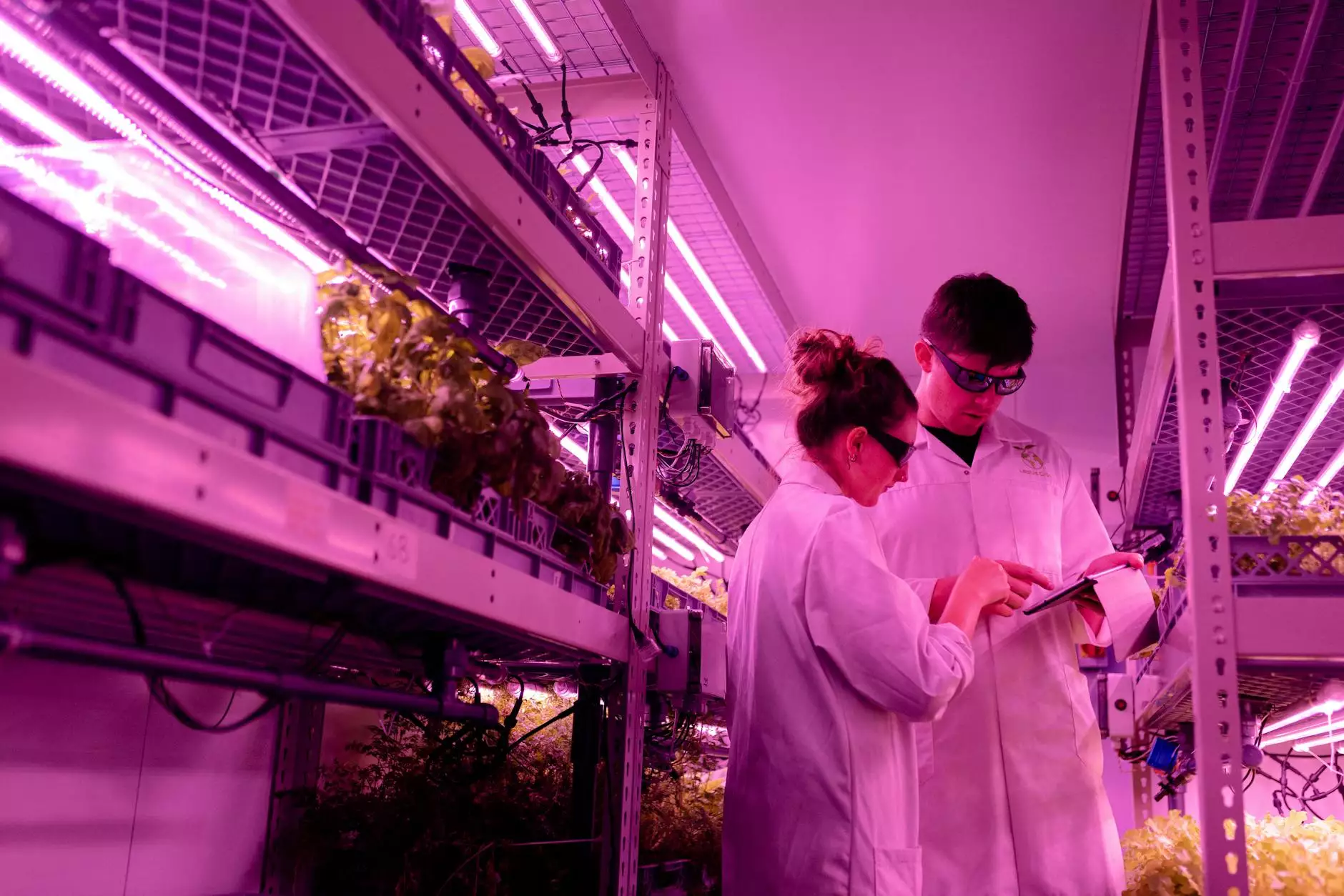Unlocking Potential: Biotech Incubator and Accelerator Programs

In recent years, the life sciences sector has witnessed an unprecedented surge in innovation and entrepreneurship, primarily driven by biotech incubator and accelerator programs. These initiatives provide the essential support and resources for startups that strive to revolutionize the health and medical industries. In this comprehensive article, we will delve into the intricacies of these programs, highlighting their significance, structure, and contributions to the field of alternative medicine.
Understanding Biotech Incubators and Accelerators
Biotech incubators and accelerators serve as vital ecosystems for nurturing entrepreneurial ventures in the life sciences. But what exactly distinguishes these two types of programs?
- Biotech Incubators: Typically, incubators offer longer-term support to startups. They provide physical space, administrative support, mentorship, and access to networks of professionals within the industry. Incubators focus on helping firms develop their business model over a period of one to three years.
- Biotech Accelerators: In contrast, accelerators are designed for rapid growth and often operate on a cohort basis. These programs usually last a few months and culminate in a culminating demo day where startups pitch to investors. The focus is on intense mentorship and immediate market validation.
The Importance of Biotech Incubator and Accelerator Programs
The role of biotech incubator and accelerator programs cannot be overstated in the context of modern health and medical developments. Here are several key importance factors:
1. Fostering Innovation
Innovation in the health sector is imperative for addressing chronic diseases, improving patient outcomes, and enhancing the quality of life. These programs act as incubators of creativity, providing an environment conducive to brainstorming and experimentation.
2. Access to Funding
One of the most formidable challenges for biotech startups is securing funding. Both incubators and accelerators often have established networks of investors, venture capitalists, and grant opportunities that can assist startups in raising the necessary capital to thrive.
3. Industry Expertise and Mentorship
Startups within these programs benefit from mentorship by seasoned professionals who have a wealth of experience in the biotech field. Knowledge sharing is crucial, as it helps fledgling businesses avoid pitfalls and refine their strategies.
4. Networking Opportunities
Participation in biotech incubator and accelerator programs opens doors to invaluable networking opportunities. Startups can connect with other entrepreneurs, industry experts, potential collaborators, and investors, thereby creating a robust support ecosystem.
How Do Biotech Incubators and Accelerators Operate?
The operational dynamics of biotech incubators and accelerators vary but generally follow a structured approach to ensure maximum impact.
Program Structure
Most programs include several core components aimed at fostering growth:
- Workshops and Seminars: Regular workshops provide educational resources, focusing on various aspects of running a biotech company, including regulatory pathways, market research, and intellectual property.
- Pitch Training: Many programs offer extensive pitch training to help startups effectively communicate their vision and attract investors.
- Access to Lab Facilities: Incubators usually provide low-cost or free access to lab facilities, critical for biotech research and product development.
- Demo Days: At the end of an accelerator program, startups participate in demo days where they showcase their innovations to a curated audience of investors and industry leaders.
Evaluation and Selection Process
Admission to these programs can be highly competitive, with many offering a rigorous selection process. Startups must present a solid business plan, demonstrate market potential, and effectively articulate their innovative approach.
Key Examples of Successful Biotech Incubators and Accelerators
Numerous programs have made significant contributions to the success of biotech firms worldwide. Below are a few notable examples:
1. JLABS by Johnson & Johnson Innovation
JLABS provides flexible laboratory space and resources to biotech startups, focusing on innovation in pharmaceuticals and medical devices. The program supports companies at various stages of development through access to industry expertise and financing opportunities.
2. Y Combinator
While not exclusively focused on biotech, Y Combinator has successfully nurtured several biotech startups. Its extensive network and funding resources make it a sought-after accelerator for entrepreneurs.
3. Illumina Accelerator
The Illumina Accelerator focuses on genomics and has a unique model that provides funding and resources to startups specifically in the life sciences space. It provides access to cutting-edge technology and a vast network of industry connections.
The Future of Biotech Incubator and Accelerator Programs
As the global landscape for biotech continues to evolve, the role of biotech incubator and accelerator programs is expected to grow exponentially. With advancements in technology and unprecedented challenges in health and medicine, these programs are uniquely positioned to drive innovation.
Emerging Trends
Several emerging trends are shaping the future of these programs:
- Increased Integration with Universities: Collaborations between academic institutions and incubators are becoming more common, enabling startups to leverage research and development capabilities.
- Focus on Alternative Medicine: There is a significant rise in interest regarding alternative medicine solutions. Programs focusing on holistic and integrative approaches are gaining traction.
- Global Reach: The globalization of biotech startups allows incubators and accelerators to create international networks, facilitating cross-border collaborations.
Challenges Faced by Biotech Startups
Despite the support from biotech incubator and accelerator programs, startups face numerous challenges that can impede their progress:
1. Regulatory Hurdles
Complying with FDA regulations can be a daunting task, particularly for startups lacking experience in navigating the complex approval processes.
2. Market Competition
With the increasing number of biotech startups, competition for market share and funding is intensifying, necessitating unique value propositions.
3. Maintaining Capital Flow
Securing continuous funding for R&D activities is critical. Many startups experience cash flow issues, making ongoing financial backing essential.
Conclusion: The Transformative Power of Biotech Incubator and Accelerator Programs
In conclusion, biotech incubator and accelerator programs are essential pillars supporting the growth of the biotech industry. They enable startups to innovate, secure funding, and navigate the competitive landscape of health and medical enterprises. As these programs continue to evolve, they will play an increasingly pivotal role in shaping the future of alternative medicine and improving patient outcomes across the globe.
For entrepreneurs seeking to make a significant impact in the life sciences, engaging with a reputable incubator or accelerator could be one of the most pivotal decisions in their journey towards success.



